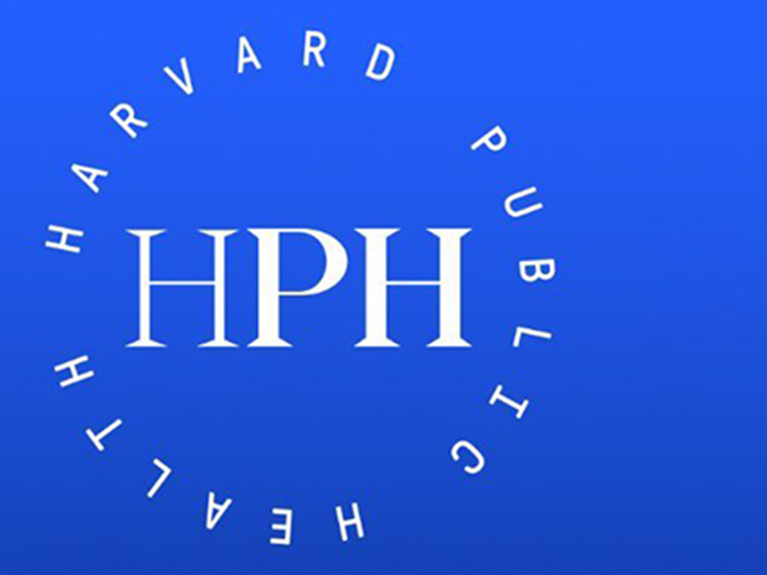Theresa Soriano | The Futurist
Theresa Soriano is an internist and palliative medicine physician based in New York City. She has worked in the home- and community-based medical care space since the early 2000s, first in academia, other startups, and now at Prospero Health–a start-up providing home-based care for people with complex conditions–where she serves as an associate chief clinical officer.
The first job she decided to take after her medical training was in home-based primary care and from then on her path was set. As her career progressed, she began to focus on quality, for both the recipients and providers of palliative care. Educating patients about their diagnoses, understanding their goals, and helping them think through important issues like advanced care planning along with managing symptoms and chronic conditions was at the heart of home-based medical care: “the care you want at the time you need it the most” and what it most certainly was not: “discussing goals and what is important to you doesn’t mean you’re dying.” And training clinicians of all disciplines with the “understanding, skills and empowerment” to grow and work as a team to better serve the patients and families under their care.
She sees C-TAC as an ally because it supports and strengthens the connection between policy, workforce development, and public engagement, and “advocates for policy that supports home-based care as a field and for the people who provide this important type of care for our vulnerable populations,” helping to expand its reach, accessibility and, ultimately, greater acceptance and ability to improve our nation’s health.
Looking ahead, Soriano would like to see “would like to see greater investment in earlier foundational work in health – preventative health and education, primary and behavioral health interventions, and social services that families can access in an integrated, community-centric, and culturally humble manner. With the aging of the population, there will always be a need for home-based medical care for the chronically and seriously ill, mostly frail elder population, and there is so much benefit HBMC can provide for this group of patients. However, an equal investment in earlier health services can ultimately result in a healthier society overall. So not one or the other, but both are important.”
Although palliative care has been increasingly recognized for the last two or three decades, Soriano is hopeful that in our post-pandemic times, we assign a greater value to hearing and understanding patients and meeting them where they are. All of us will at some point face old age or infirmity. “We’re all headed there. Even if we’re the healthiest 90-year-olds, we will eventually need and want to express our preferences for the type of care we would like when we are not so healthy. And we want our providers and policymakers to want this for us too. So let’s build it now. Let’s build it together.”
Together C-TAC, its member organizations, and changemakers are opening the door to a new healthcare paradigm built on greater equity, public engagement, and workforce development. Join us!


